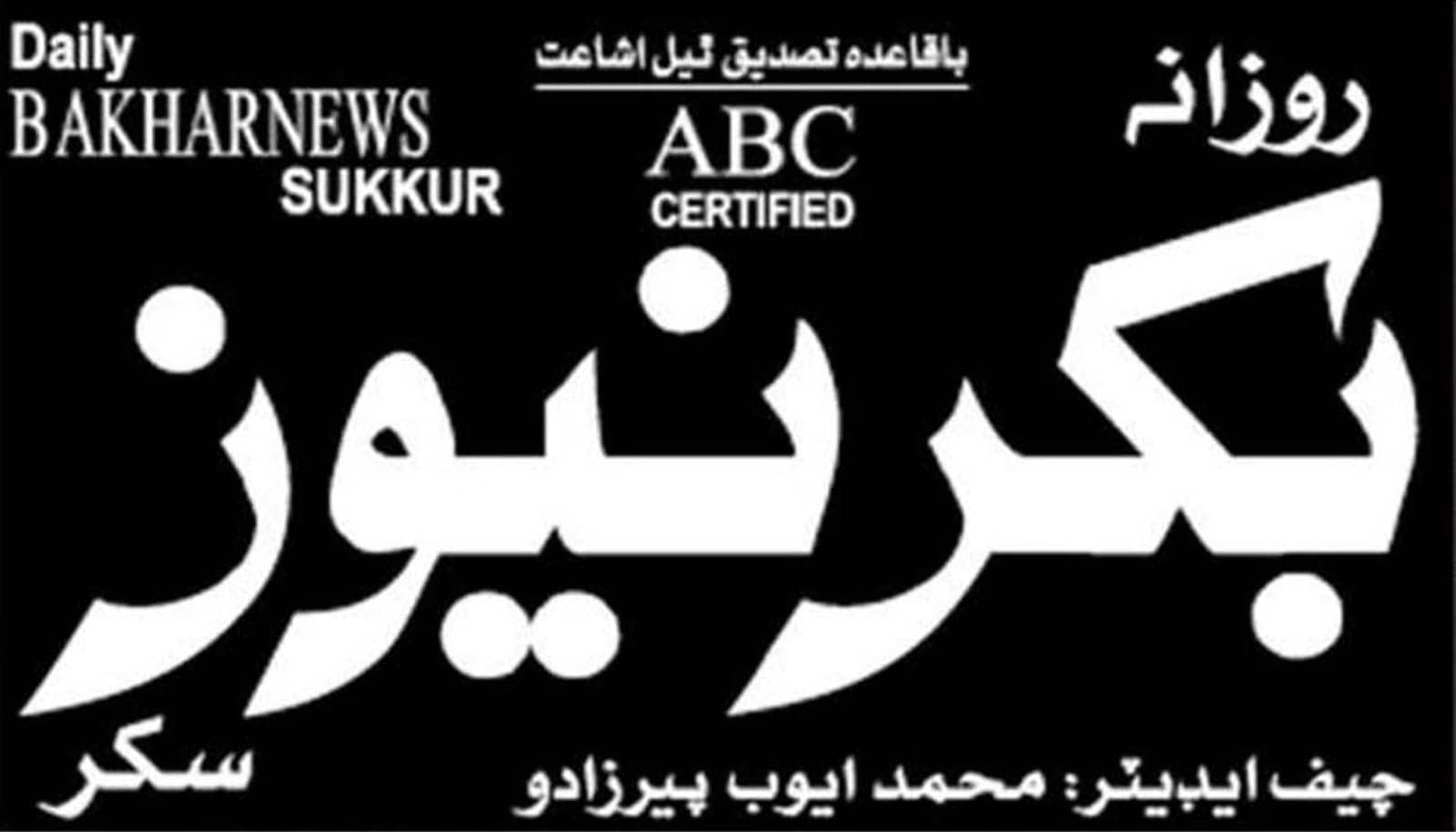By Muhammad Ayub
Police use tear gas shells to disperse protesters at D-Chowk; over 30 including Imran’s sisters arrested. Interior minister says won’t allow anyone to damage public properties. Police barricade Lahore, detain several PTI workers ahead of planned rally.
ISLAMABAD/LAHORE — As tensions rise in the capital over the Pakistan Tehreek-e-Insaf (PTI) protest, the federal government has deployed the Pakistan Army in Islamabad for two weeks to ensure security for the upcoming Shanghai Cooperation Organization (SCO) Summit. Troops will assist local authorities in maintaining order from Saturday until October 17, coinciding with visits from important delegations.
This decision, taken by the Shehbaz Sharif administration, was made under Article 245 of the Constitution and the Anti-Terrorism Act of 1997, as detailed in a notification from the Ministry of Interior. The exact deployment areas and troop numbers will be determined by the Islamabad Capital Territory (ICT) Administration in coordination with relevant authorities.
The SCO Summit is scheduled for October 15-16 in Islamabad. The military presence comes as PTI plans a protest at D-Chowk against a contentious proposed Constitutional Package, which is located in the Red Zone, close to sensitive government buildings.
On Friday evening, PTI supporters began gathering on Jinnah Avenue leading to D-Chowk, prompting police to use tear gas to disperse them. Clashes ensued as protesters threw stones at police, who retaliated with more tear gas when protesters attempted to advance near Faizabad and Shamsabad.
PTI Islamabad President Amir Mughal and his supporters managed to remove some containers blocking their path, reaching as far as China Chowk despite police crackdowns. Several arrests were made, including the detention of Aleema Khan and Uzma Khanum, sisters of imprisoned PTI founder Imran Khan, who were taken to a women’s police station.
During the day, Khyber Pakhtunkhwa Chief Minister Ali Amin Gandapur’s convoy faced delays near Burhan interchange, leading to confrontations with police, resulting in more arrests. Gandapur criticized the federal government for its actions against “peaceful” protesters, claiming that police fired on them, injuring several.
Islamabad Police Chief Ali Nasir Rizvi confirmed over 30 arrests, with a focus on preventing harm to police or property. Interior Minister Mohsin Naqvi alleged that PTI supporters were armed and plotting violence, vowing to protect public property.
PTI spokesperson Naeem Haider Panjutha stated their intention to remain at the protest site until Gandapur arrived, emphasizing their right to peaceful protest.
Residents of Islamabad and Rawalpindi faced significant disruptions due to blocked roads and containers, with mobile and internet services suspended for much of the day to limit communication ahead of the protest.
In Punjab, Section 144 was imposed in several cities, including Lahore and Rawalpindi, banning political gatherings. Rangers were deployed to maintain order during the protests.
In preparation for PTI’s rally at Minar-e-Pakistan, police detained several activists labeled as troublemakers and issued arrest orders for over 1,500 PTI members. The provincial government took extensive measures to block access to the rally site by placing containers and deploying police at key points.
Despite not receiving permission for the rally, PTI leaders vowed to gather at Minar-e-Pakistan, with Lahore police implementing further security measures, including roadblocks and heavy police presence to deter PTI supporters.
Section 144, which prohibits public gatherings, is set to remain in effect until October 8, following local authorities’ recommendations citing security threats. This decision has been challenged in the Lahore High Court, arguing it infringes upon citizens’ constitutional right to protest.
PTI Lahore President Sheikh Imtiaz expressed determination to hold the gathering despite the government’s efforts to prevent it, emphasizing their commitment to reach Minar-e-Pakistan at all costs. When questioned about the potential legal repercussions of proceeding without clearance, he acknowledged the ongoing challenges but reiterated their focus on their objectives.


